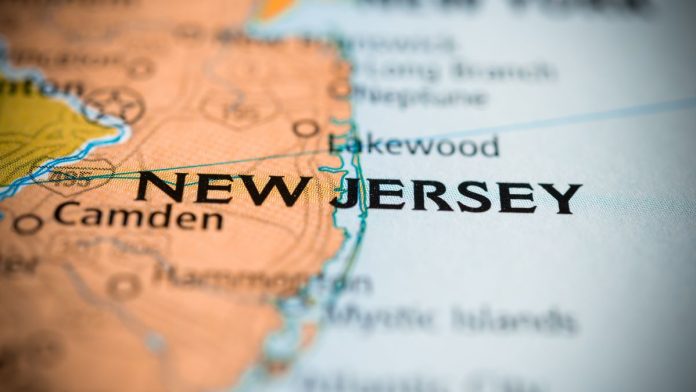New Jersey is revamping the way it reports gaming revenue in the state and will begin breaking down the numbers by individual operator, the Division of Gaming Enforcement (DGE) says.
Starting with the state’s March revenue report which will be published in mid-April, the Garden State will provide more transparent insight into how specific operators are faring in the online gaming and sports betting industry.
New Jersey has already been divulging revenge statistics broken down by the online platform’s land-based casino partner but will now publish the results for each individual skin rather than each property.
A DGE spokesperson told SBC Americas that the move is an attempt to “increase transparency” regarding iGaming and sports wagering gross revenue.
“Currently, DGE releases gross revenue data by casino or racetrack (for sports wagering), which means that gross revenue from each property and its partners is presented in a consolidated format,” said the spokesperson. “Going forward, the consolidated data will continue to be presented in the monthly press release statistics. However, DGE will now be making public the gross revenue of each of the ‘skins’ that comprise the consolidated amount through changes to the monthly reports provided by the casinos and racetracks.”
The change will come into effect starting with the release of the state’s March online gaming and sports betting revenue numbers, to be published on April 16.
In addition, the DGE will also re-release its previous January and February 2024 monthly reports on that date to include the new detailed breakdown of the data, allowing a clearer picture for which operators are top of the pile in NJ so far this calendar year.
“By providing more detailed, skin-level revenue information, stakeholders and the public will have a clearer understanding of the performance of individual iGaming and sports wagering operators,” added the DGE spokesperson.
A window into the Garden State
In New Jersey, only the nine licensed land-based casinos can hold master licenses for online gambling but each can partner with up to five skins to operate through those licenses. Now, everyone will have a clearer picture on which online gambling operators, not just which casinos, are doing the best business in both online gaming and sports betting.
That will be particularly useful in the cases of casinos that have multiple brands operating through their license. An example is Golden Nugget, which has its own online casino brand but also provides market access in NJ to Betway, FanDuel, BetRivers and Jackpot City. Looking at the state’s revenue report for February 2024, it has been impossible to accurately define how Golden Nugget’s $51.5 million in GGR was split between those five brands.
Similarly, BetMGM and DraftKings operate in NJ through Borgata and Resorts, respectively. Borgata, Resorts, and Golden Nugget have been holding around 80% of the market between them, but there are 15 skins included in that market share across the three operators.
Assessing how the biggest operators are actually faring in the state has been tricky until this point and has required a great deal of speculation and hypothesizing. Not for much longer.
Whether other states that also haven’t been breaking down their online casino revenue reports by operator, such as Pennsylvania and Michigan, ultimately follow New Jersey’s lead will remain to be seen.
The DGE reported its iGaming operators generated $461.5 million in total gaming revenue in February, a 12% increase year-over-year.
More changes from NJ DGE
This overhaul of revenue reports isn’t the only change the New Jersey Attorney General‘s office has made around gaming recently. The state is also looking to bolster its problem gambling protocols.
Attorney General Matthew J. Platkin announced last month the creation of a responsible gaming public awareness campaign amid Problem Gambling Awareness Month that will focus on online marketing and extends through Super Bowl LIX in 2025.














